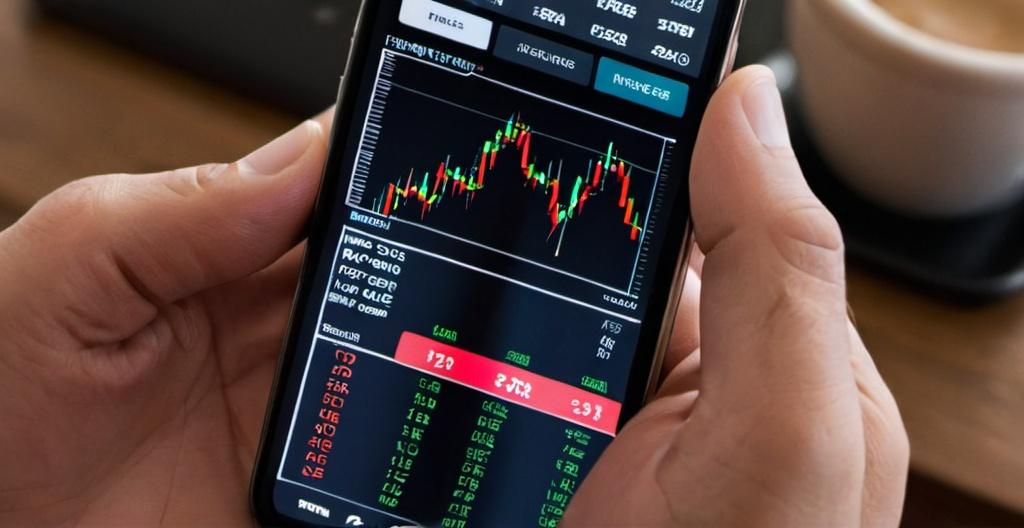Forex Regulators
Forex trading—whether retail or institutional—carries real financial risk. It’s fast-moving, highly leveraged, and often marketed aggressively. Without regulation, that creates a perfect environment for abuse: fake brokers, manipulated pricing, frozen withdrawals, and misleading promotions. That’s why forex regulators exist—to keep the market functioning fairly and transparently, especially for retail traders who may not have the tools to verify everything on their own.
A regulated forex broker is one that has been licensed by an official financial authority, follows compliance rules, maintains segregated client accounts, and usually undergoes periodic audits. Unregulated brokers, by contrast, operate without oversight—and when things go wrong, users often have no legal recourse.
For a current list of regulated and reviewed brokers, see ForexBrokersOnline.com, which provides updated profiles on both international and regional forex firms.

Major Global Forex Regulators
Different countries regulate forex trading differently, but the major players include:
- FCA (UK) – Financial Conduct Authority
- ASIC (Australia) – Australian Securities and Investments Commission
- CFTC/NFA (USA) – Commodity Futures Trading Commission and National Futures Association
- CySEC (Cyprus) – Cyprus Securities and Exchange Commission
- BaFin (Germany) – Federal Financial Supervisory Authority
- JFSA (Japan) – Japan Financial Services Agency
Each regulator sets different rules on leverage, marketing, fund protection, and trade execution. For example, the FCA caps leverage for retail clients at 30:1, while some offshore regulators allow 500:1 or higher.
Emerging Market Regulators Gaining Ground
In the past, most serious forex regulation came from developed markets. But that’s changing. Countries like Kenya (through the CMA) and South Africa (via the FSCA) are starting to show how developing economies can create clear, enforceable rules for local brokers and protect retail traders without shutting down access.
Their models are rooted in licensing, public awareness campaigns, and cooperation with law enforcement to weed out scams. It’s not perfect—but it’s a meaningful shift from the regulatory vacuum that has existed in much of Africa, Asia, and Latin America for years.
What to Look For in a Regulated Broker
If you’re trading forex and want to avoid problems, always start with a broker that:
- Clearly lists its regulator and license number
- Keeps client funds in segregated accounts
- Offers transparent terms on spreads, commissions, and leverage
- Doesn’t promise guaranteed profits or bonuses without full T&Cs
- Can be verified through the regulator’s official website
Unregulated brokers often imitate the language of legitimate firms, but they avoid audits, dispute resolution frameworks, and capital requirements. That’s not a risk—it’s a liability.
Why Regulation Should Matter to Traders
Regulation isn’t about stopping you from trading—it’s about giving you recourse if the trade goes wrong. If your broker refuses to process a withdrawal, freezes your account, or closes trades arbitrarily, you’ll want a regulator with real authority standing behind your complaint.
Choosing a regulated broker isn’t a guarantee of profit. But it is a signal that someone, somewhere, is checking the books and watching the exits. And in a market as fast as forex, that’s not optional—it’s essential.
This article was last updated on: July 17, 2025
